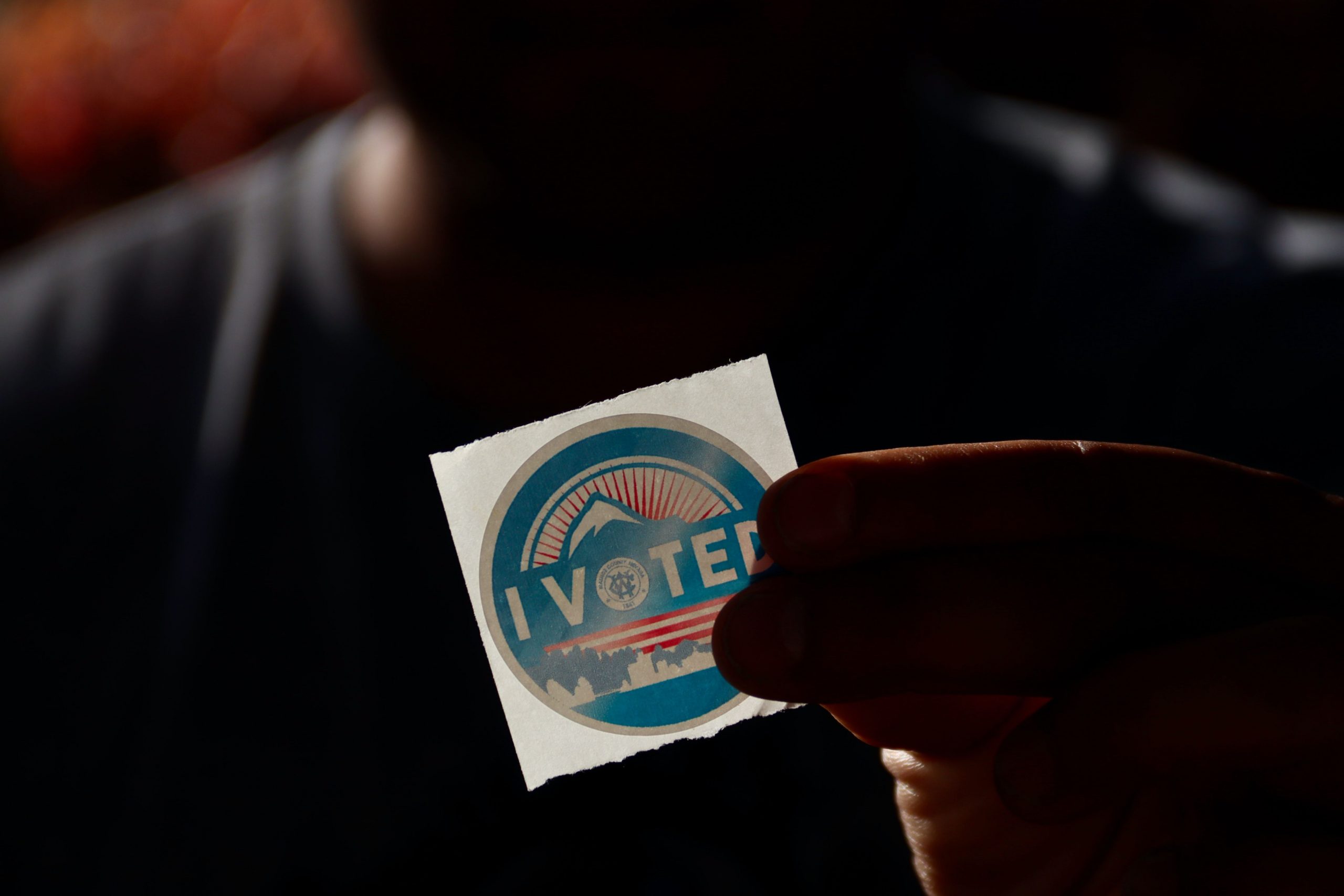US midterm elections are about to begin and voters have expressed concerns about their safety and some have opened up about intimidation at polls in some places.
A recent Reuters-Ipsos poll found that 43% of the registered voters surveyed said that they felt some concern about threats or violence while voting in person. The study further said that two in every five US voters worried about intimidation at the polls.
Also Read| When, how, and why to vote in US midterm elections
In Arizona, a key state for the midterms, officials asked the federal government to look into the cases of voter intimidation. People in this state have been filmed and followed while casting their ballots, and have complained about feeling threatened by people standing near ballot drop boxes, some of whom were even armed.
“These ballot box vigilantes are precursors to what we may expect on Election Day at polling places,” said Marcia Johnson-Blanco, co-director of the Voting Rights Project at the Lawyers’ Committee for Civil Rights Under Law as Voting rights activists stay on high alert during this election season.
Jonathan Diaz, the senior legal counsel for voting rights at the nonpartisan Campaign Legal Center, suggests that voters notify the local election officials in case they encounter any impediments to voting.
People who are hesitant to go to the drop boxes to return their ballots can often do it through other ways. Ballots can be returned to early voting locations or Election Day polling places in Arizona.
Georgia, another key battleground, has seen several conservative activists who threaten thousands of voter registrations. They are further empowered by Georgia’s 2021 voting law, which states that any individual voter in the state can challenge the eligibility of an unlimited number of voters.
Also Read| US Midterm Elections 2022: Who is eligible to vote?
Experts advise that if in any case the eligibility of the voter is challenged, they should stand their ground firmly and insist on voting if they know they are qualified to vote. If the eligibility cannot be proved at the polling place, they can be offered a provisional ballot. The provisional ballot is counted when the voter eligibility is confirmed, usually within a given deadline. In Georgia, voter eligibility should be confirmed by the county registrar’s office within 3 days after the election.
Additionally, several hotlines have been established by authorities like the US Justice Department and the Lawyers’ Committee to ensure support for the voters if they feel threatened or have any questions.






